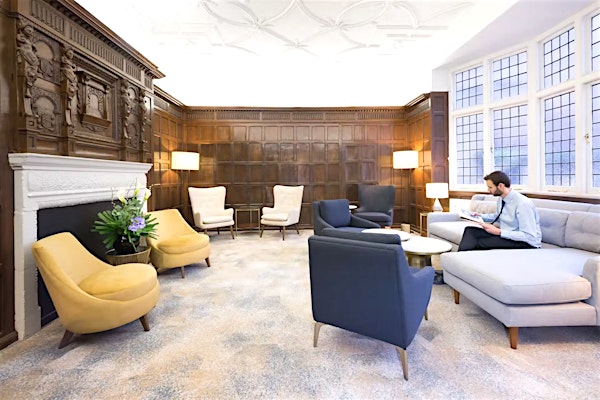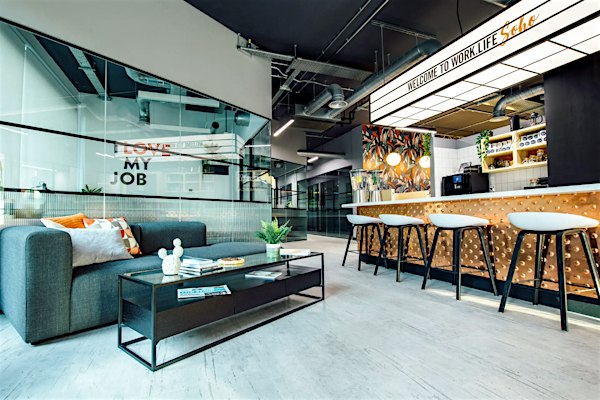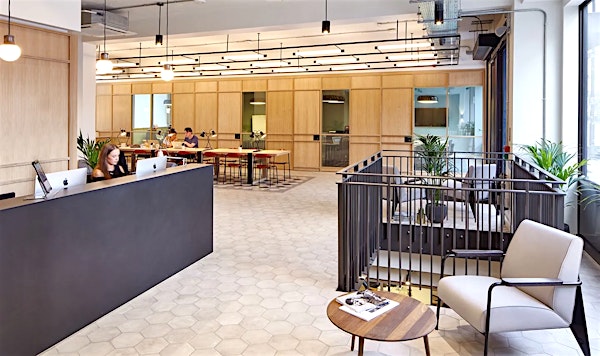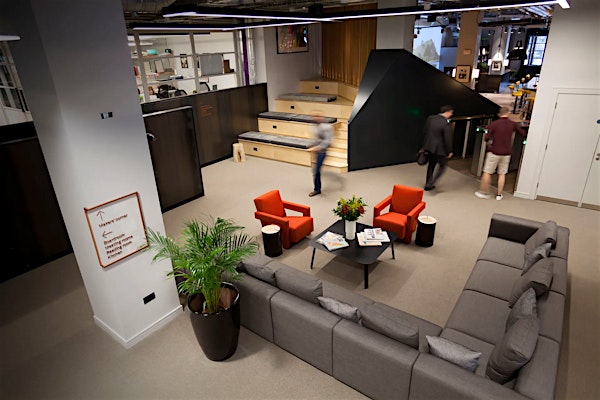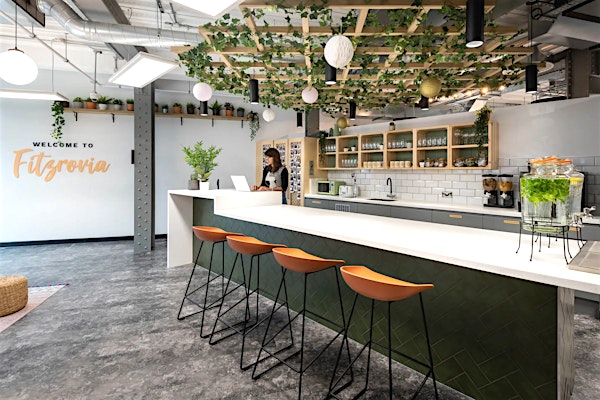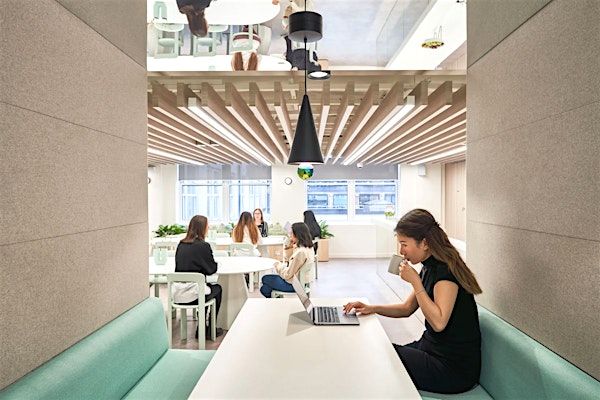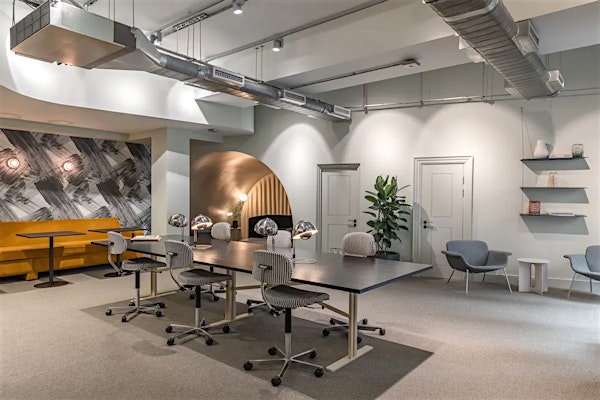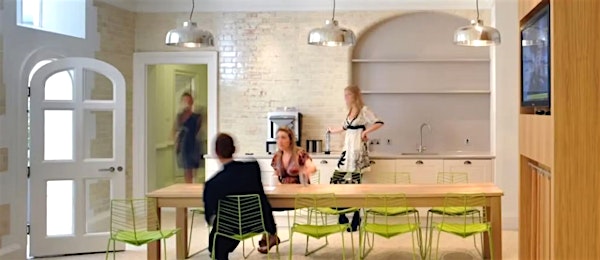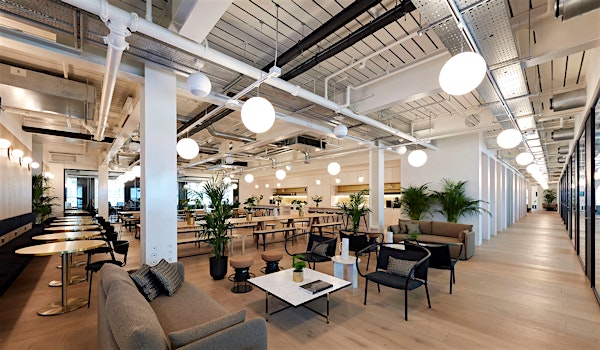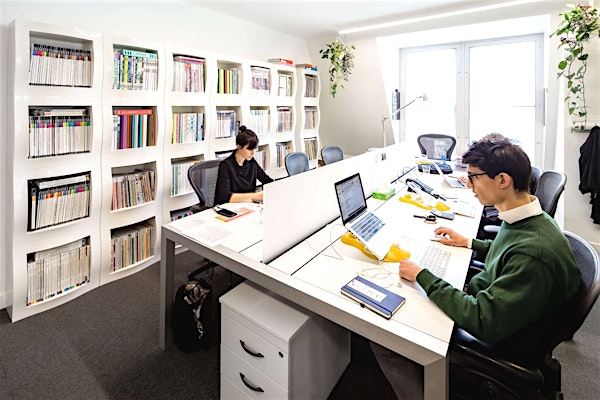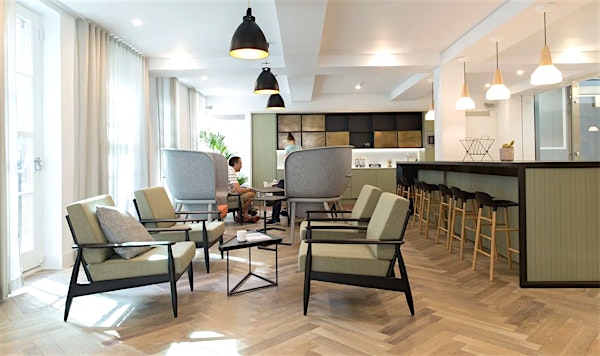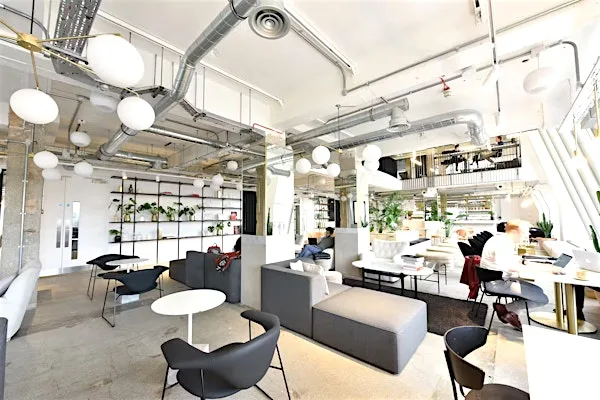FlowSpace is proud to offer the best small private offices for your hybrid team. With our extensive network of conveniently located spaces all across the UK, we provide the ultimate office space subscription that meets the unique needs of your team.
Our mission at FlowSpace is to give your team the gift of flexibility and convenience. We understand that finding the perfect office space can be a challenge, especially for small teams. That’s why we have curated a selection of private offices that are designed to cater to your team’s requirements.
In our quest to provide the best small private offices, we have partnered with Spaces, a leading provider of flexible workspaces. Spaces offers a wide range of beautifully designed and fully equipped offices that are tailored to accommodate small teams. Whether you need a space for brainstorming sessions, client meetings, or focused work, Spaces has got you covered.
By subscribing to our office space solution, your team will have access to thousands of bookable desks and meeting rooms. This means that you can easily find and reserve the perfect space for your team, wherever you are in the UK. No more wasting time looking for suitable office spaces or settling for subpar environments. With FlowSpace, you can focus on what matters most – growing your business.
Our small private offices are equipped with all the amenities you need to thrive. High-speed internet, comfortable furniture, and state-of-the-art technology ensure that you can work efficiently and effectively. Additionally, our offices are designed with productivity and well-being in mind, featuring natural light and ergonomic furniture.
At FlowSpace, we understand that every team is unique, and that’s why we offer flexible subscription plans. You can choose the duration and size of your office space based on your team’s needs. Whether you need a short-term solution or a long-term commitment, we have the right option for you.
Join the countless teams who have already experienced the benefits of our small private offices. With FlowSpace, you can provide your team with a professional and inspiring workspace that fosters collaboration and productivity. Don’t settle for less when it comes to your team’s success – choose FlowSpace for the best small private offices in the UK.
In conclusion, FlowSpace offers the ultimate office space subscription for your hybrid team. With our partnership with Spaces and our commitment to flexibility and convenience, we provide the best small private offices across the UK. Give your team the gift of 1000s of bookable desks and meeting rooms and unlock their full potential. Choose FlowSpace for a workspace that truly supports your team’s success.
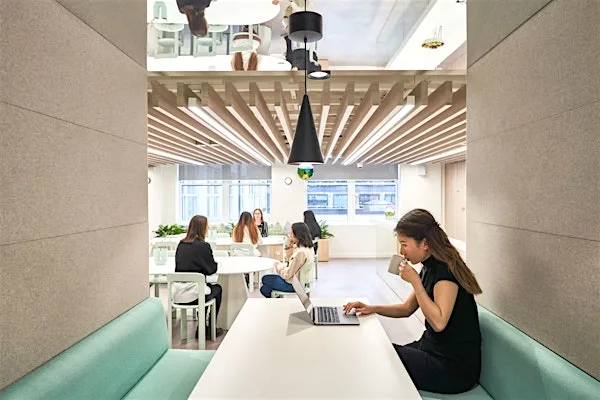

 TBC
TBC
